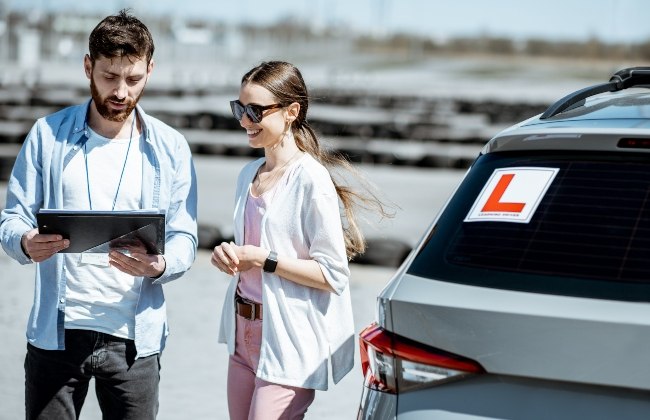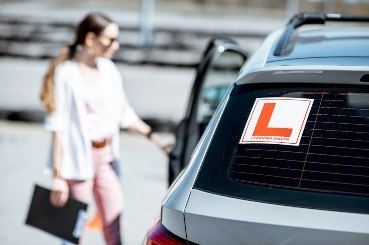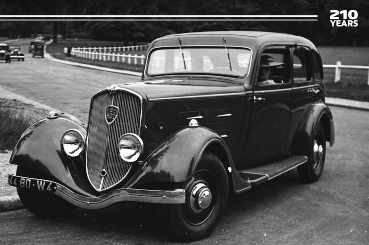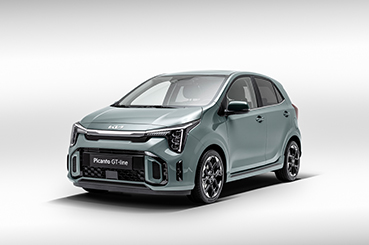Technological advances have been taking the transport world by storm: digital dashboards, infotainment systems, electric cars, driving licences? Yep, you read that right – the DVLA is set to begin trials that will eventually phase in digitalised driving licences for the British Public.
Changes ahead:
Let’s takes a second to consider what’s about to happen. Driving licences were first introduced in 1903, and the DVLA issue more than 10 million driving licences a year in the UK. The point? The physical form of a driving licence has been in play for just under 120 years in the UK. Quite a long time then, so what’s about to change?
Well, the Driving and Vehicle Licensing Agency (DVLA) released a document dubbed the ‘DVLA Strategic Plan 2021 to 2024’, that has developed a gradual plan to bring the UK transport sector into the digital age.
The document states “Historically, records of drivers and vehicles have been separate. We know that customers want to see their information in one place, whether it is their own driver record or the record of their vehicle.
“We have launched customer accounts within our trailer registration service and we will build on this and develop a customer account across our drivers and vehicles services. This will allow greater personalisation of our services and provide customers easy and secure access to them.”

Online Platform for Drivers:
It is understood that smartphones will be the new platform for people to access their licences, as the DVLA states there is a mobile app in the works that will display virtual licences by 2024.
This transfer will be done in phases, which will start with moving provisional cards online, then the potential expansion in the technology to cover full licences – but don’t worry for now as plastic licences are available for the foreseeable future alongside the app.
Updates to the MOTs system will also be included in this digitalised renovation to suit modern standards, moving to digital booking platforms and discarding paper certificates.
Will it help the UK go greener?
The Department for Transport (DfT) reported that the UK Government was restricted from the European Union to develop a digital system because an EU regulation stated drivers were required to carry a physical form of identification.
Grant Shapps, UK’s transport secretary, stated that Britain’s transport system would be “fairer, greener and more efficient” with a huge nod that moving the system will bring the UK further “into the modern age”.
This is also suggested in the DVLA document, as it declares their “intention is to build services that are digital by desire – with digital services that are so good that people will choose to use them, making their transactions faster, simpler and with a lower carbon footprint.”
Also speaking on the subject has been Steve Gooding, director of motoring research charity the RAC Foundation, who says “these days, the one thing drivers are most likely to have with them is their phone, so using it to carry their driver’s licence could be quite handy.”
Eight states in America recently announced that they will accept digital licences and other IDs on an iPhone through the integrated Wallet app. The European Commission also revealed plans back in June this year to introduce a similar, non-compulsory app that will allow people to verify their age and driver’s license.
How well this system will work is something we are particularly curious about. Will the older generation be able to make the transition smoothly? Are plastic licences still going to be allowed?
We shall see.
If you’re looking for a first car, why not check out this blog to see what our top ten used cars are for new drivers!



